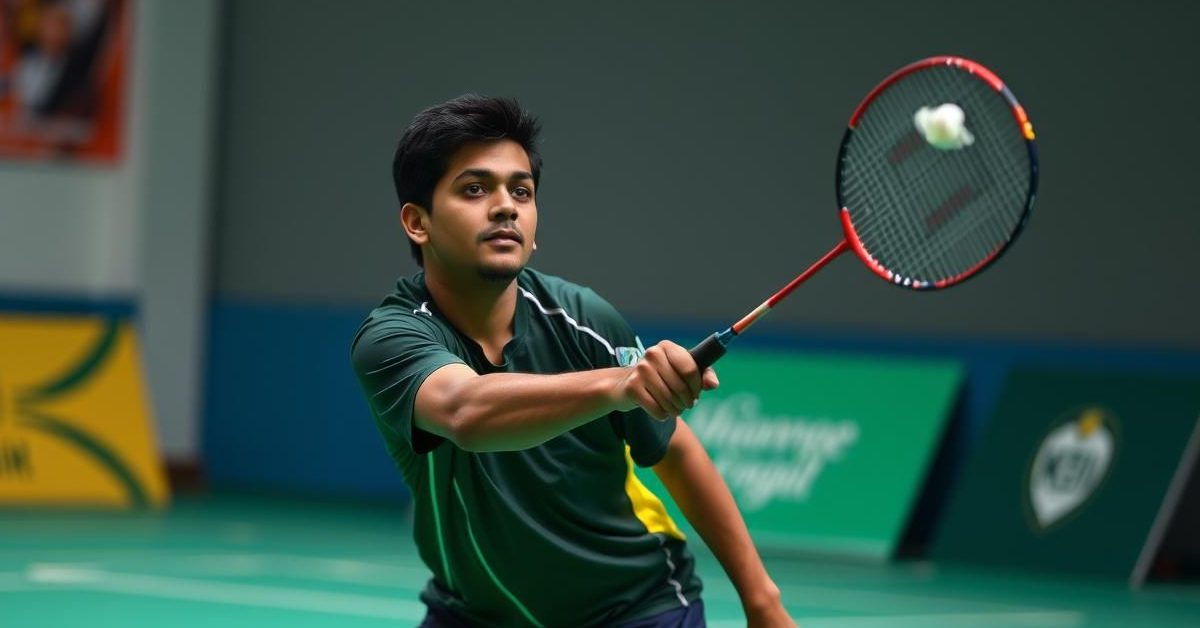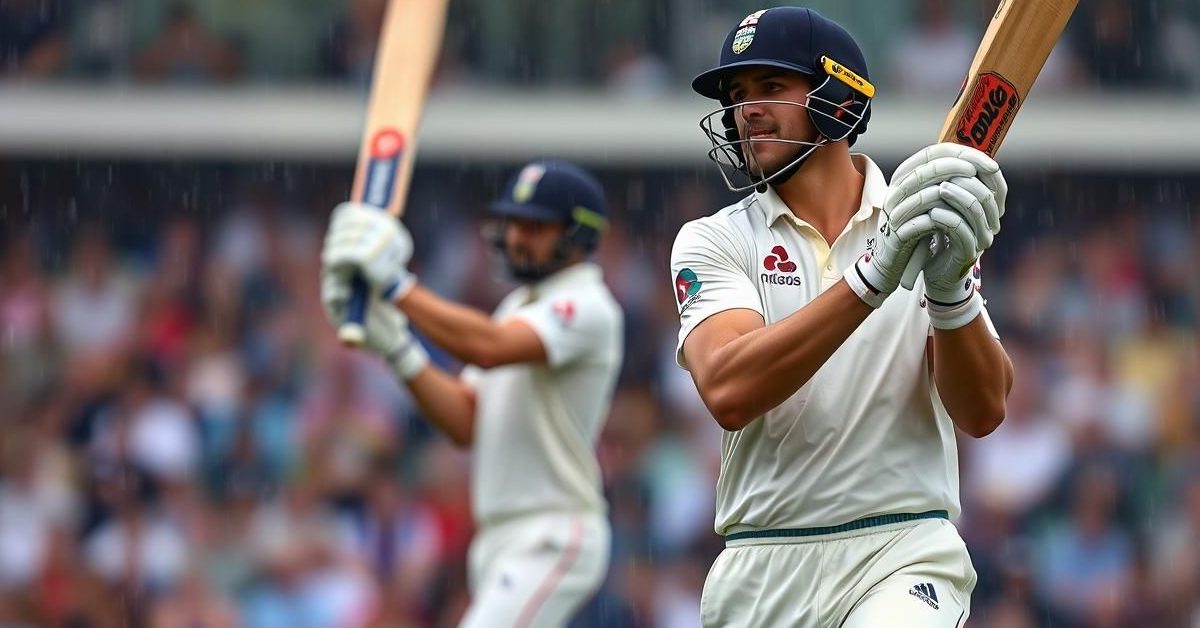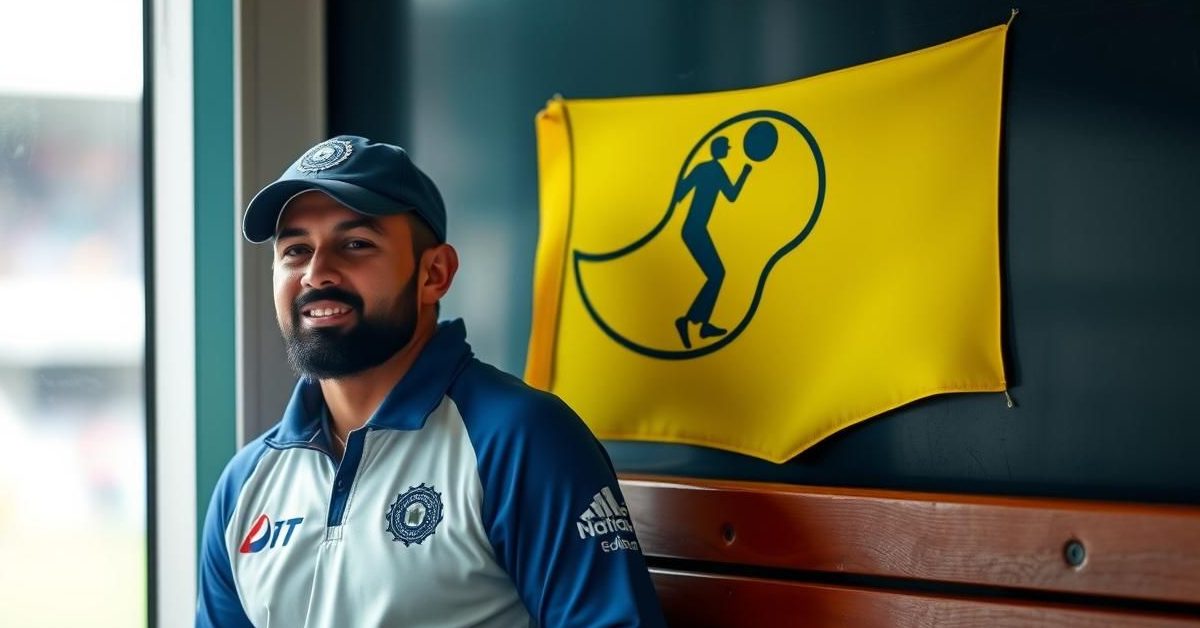While many Indian badminton legends aspire to give back to the sport through coaching, the reality for most is a struggle marked by financial instability and a lack of appreciation.
The Noble Intent of Giving Back
For many athletes, the desire to ‘give back’ to their sport is a powerful instinct, especially as their playing careers wind down due to injuries or age. India has certainly seen this, with All England champions transitioning into coaching and helping produce a new generation of world-class shuttlers since 2009.
This dedication has been crucial in elevating India’s standing in global badminton. However, the question remains: does the nation truly support these coaches who tirelessly build the sporting system, brick by brick?
Facing a Grim Reality
Beyond the famed academies run by figures like Pullela Gopichand or Prakash Padukone, many former players who choose coaching face significant challenges. They often grapple with long-term financial insecurity, immense pressure from parents for instant results, and a pervasive lack of gratitude from society.
For these dedicated individuals, the decision to share their vast court experience often comes with a heavy price. Many are left wondering if it was truly worth sacrificing a potentially more financially stable career outside of badminton.
Policy Pitfalls for National Coaches
Even coaches considering roles at national camps face a difficult dilemma. Recent policy proposals aimed at providing central assistance to National Sports Federations suggest better pay packages for full-time coaches. However, these often come with a critical catch.
The contracts are typically short-term, sometimes just for a year. Crucially, they might demand that coaches give up their stable Public Sector Undertaking (PSU) jobs, which offer invaluable long-term financial security to athletes post-career. This forces a choice between passion and stability, often deterring talented individuals from committing to full-time coaching.
The Unsung Heroes: Why Coaches Are Indispensable
There’s a common misconception that India’s badminton champions simply emerged due to innate talent. However, elite sport at the highest level is incredibly demanding, and few succeed without a dedicated coach. Building a world champion takes years – Saina Nehwal took six, while PV Sindhu, Kidambi Srikanth, and Lakshya Sen each took seven to eight years to reach their peak.
Yet, coaches from smaller academies often face resentment for charging fees, with some even being asked why they need payment if coaching is their “passion.” This view is a stark contrast to how coaches are valued in professional sports like cricket or tennis, or even by foreign coaches in badminton. Erasing the contributions of grassroots, intermediate, or elite coaches, and expecting them to work unpaid, is simply unrealistic and unsustainable.
Navigating Parental Pressures
Beyond financial concerns, coaches frequently deal with pushy parents who have unrealistic expectations and timelines. While parental oversight is beneficial, direct interference in a player’s technique or tactical training can often derail a promising career. Coaches frequently bear the brunt of failure, even when external factors are at play, while often receiving little credit for success.
- Indian badminton coaches face significant financial insecurity and a lack of societal appreciation.
- New policy proposals for national coaches offer short-term contracts, often at the cost of long-term job security from PSU roles.
- Developing a champion takes many years, making short-term coaching contracts impractical.
- There’s a pervasive misconception that coaches should not be paid if coaching is their “passion.”
- Coaches often struggle with unrealistic expectations and interference from parents.
The challenges facing India’s badminton coaching fraternity are immense, effectively turning the noble act of “giving back” into a difficult act of “giving in” to an unsupportive system. A more robust and equitable framework is essential for the continued growth and success of Indian badminton.













